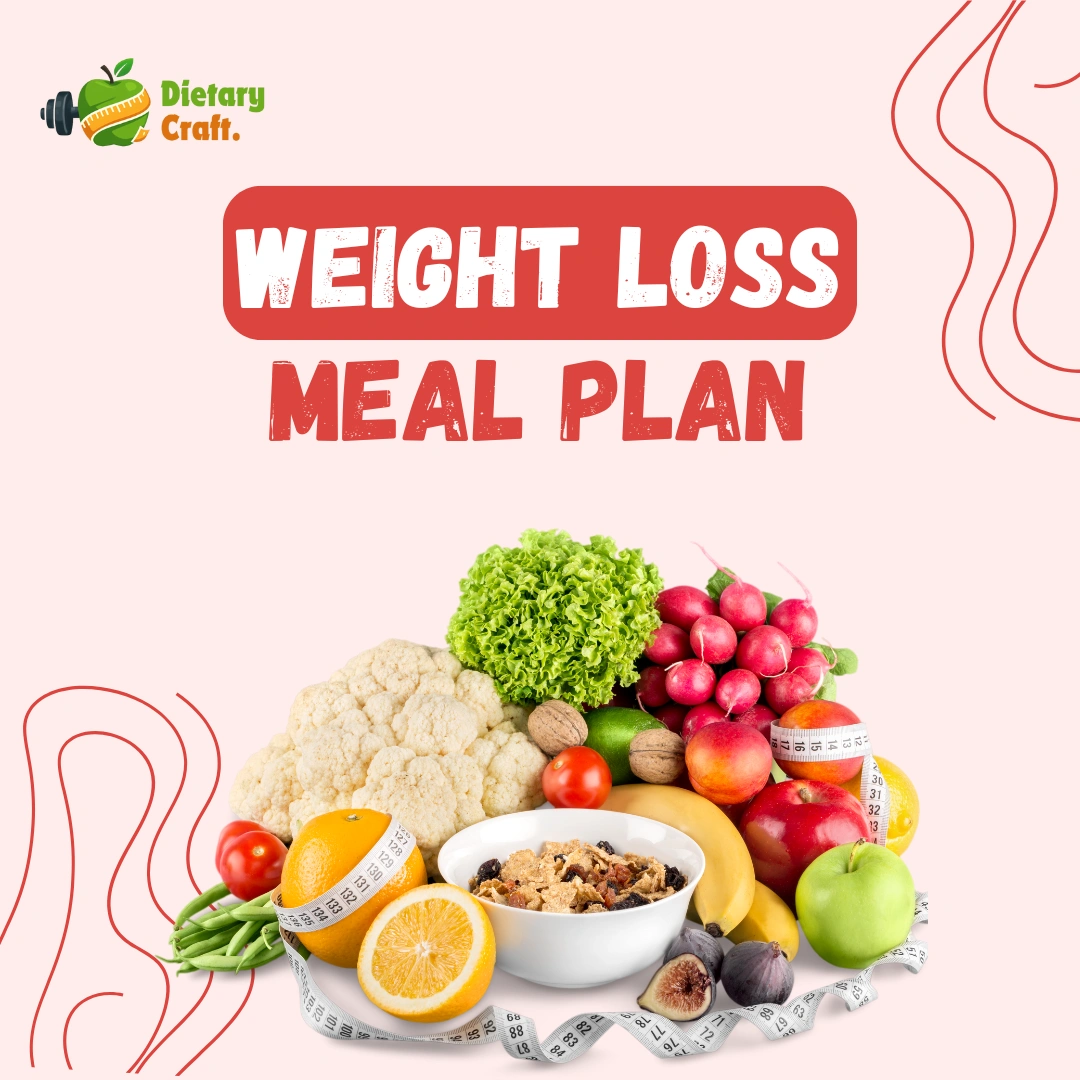If you’ve ever wondered what a real, balanced day of eating looks like for sustainable weight loss, you’re not alone. With so much conflicting advice — low-carb, low-fat, high-protein, intermittent fasting — it can be overwhelming to know what actually works.
The truth? Weight loss doesn’t require starving, skipping meals, or cutting out entire food groups. It requires eating in a way that supports your metabolism, controls hunger, stabilizes blood sugar, and keeps you feeling satisfied.
In this article, you’ll get a realistic, balanced “what I eat in a day” plan for healthy fat loss — one that you can easily adapt to your lifestyle.
Key Principles I Follow Daily
Before diving into the meals, here are the simple habits that guide my day:
Transform Your Body in 4 Weeks!
Join our weight loss program today
- Personalized Meal Plan
- Daily Follow-up
- Weekly Grocery Lists
- 24/7 WhatsApp Support
- Educational Resources

- Three main meals + 1 optional snack
- Every meal includes protein, fiber, and healthy fat
- Focus on whole, minimally processed foods
- No skipping meals — consistency matters
- Hydration throughout the day
- Aiming for 80% whole foods, 20% flexibility
This approach keeps my energy high, prevents cravings, and supports steady fat burning.
7:30 AM – Morning Hydration
I start the day with a glass of warm water (sometimes with lemon) to hydrate and support digestion after sleep.
Why it helps:
- Rehydrates the body
- Wakes up the digestive system
- May reduce cravings later in the day
8:00 AM – Breakfast
Meal:
- 2 boiled or scrambled eggs
- 1 slice of whole grain toast
- ½ avocado
- 1 cup of sautéed spinach or tomatoes
- Green tea or black coffee (no sugar)
Why it works:
This high-protein breakfast is rich in healthy fats and fiber, which keeps me full for hours and curbs mid-morning hunger. No sugar spikes, no crashes.
1:00 PM – Lunch
Meal:
- Grilled chicken or chickpea bowl
- ½ cup cooked brown rice or quinoa
- Mixed vegetables (like bell peppers, zucchini, broccoli)
- 1 tbsp olive oil or tahini dressing
- Side salad with lemon juice and herbs
Why it works:
Lunch is my most nutrient-dense meal. I include lean protein, complex carbs, fiber, and fats to keep energy high and avoid snacking later.
3:30 PM – Optional Snack (If Hungry)
Snack Ideas (pick one):
- Greek yogurt with cinnamon and chia seeds
- 1 boiled egg + 1 fruit (apple or pear)
- Handful of almonds or walnuts
- Protein smoothie with unsweetened almond milk, banana, and oats
Why it helps:
Not every day requires a snack, but if I’ve worked out or feel genuine hunger, this helps keep blood sugar stable and prevents overeating at dinner.
6:30 PM – Dinner
Meal:
- Baked salmon or tofu
- Steamed or roasted vegetables (e.g., carrots, cauliflower, asparagus)
- Small portion of sweet potato or lentils
- Herbal tea after dinner
Why it works:
Dinner is lighter and earlier, which supports digestion and fat-burning overnight. I focus on protein and vegetables, with a small amount of complex carbs for balance.
8:30 PM – No Late-Night Snacking
I stop eating 2–3 hours before bedtime to support better sleep, blood sugar regulation, and fat loss.
If I’m truly hungry:
I might sip on warm almond milk with cinnamon or have a teaspoon of nut butter — but only if needed.
What I Avoid (Most Days)
- Skipping meals (it leads to overeating later)
- Sugary drinks or fruit juices
- Refined carbs (white bread, pastries, etc.)
- Processed snacks labeled “low-fat” or “diet”
- Eating in front of screens (I try to stay mindful)
How I Plan for Success
- I meal prep on weekends — grilled protein, chopped veggies, homemade dressings
- I keep healthy snacks visible and accessible
- I drink at least 2–3 liters of water daily
- I don’t ban any food — I practice portion control and listen to my hunger cues
- I remind myself: Consistency > Perfection
FAQs
Do I count calories?
Not every day. I focus on meal quality, hunger signals, and balance. If I plateau, I track temporarily to assess portions.
Can I still have treats?
Yes — about 2–3 times per week in moderation. A square of dark chocolate, a scoop of ice cream, or a home-baked treat doesn’t ruin progress when the rest of the week is consistent.
Do I follow intermittent fasting?
Not strictly. I naturally fast for 12–14 hours overnight, but I don’t skip meals or delay eating if I’m hungry in the morning.
Final Thoughts
Losing weight doesn’t require eating less — it requires eating better. By focusing on whole foods, steady meal timing, protein-rich choices, and hydration, you can fuel your body, feel satisfied, and lose fat without obsession.
What matters most is finding a way of eating that keeps you full, energized, and consistent — day after day.
